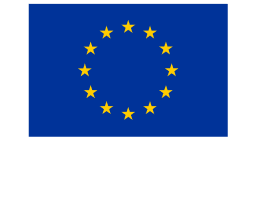Economic regulatory capacity
4.68
Refers to the ability to control and manage the economy, and to regulate financial and economic transactions (both nationally and internationally) so that trade is able to flourish within the confines of the rule of law. In other words, whether an actor has put into place and can effectively oversee the mechanisms that ensure economic transactions and businesses operate in a predictable, fair way, free from distortion, including criminal activities such as extortion and illicit taxation.
When actors are able to formulate and implement sound policies and regulations that permit and promote private sector development, it allows for options and opportunities for legitimate, regulated business to expand. This, in turn, reduces the incentive for informal, illegal business to arise, or for criminal groups to unduly influence economic forces, through alternative regulation, extortion or criminal practice.
States under protracted sanctions by the international community have been shown to develop illicit means by which to circumvent or soften the impact of those sanctions.
The larger the number of sound economic regulations that are in place and the lower number of (and duration of) sanctions placed on a state, the higher resilience a country has to organized crime.





